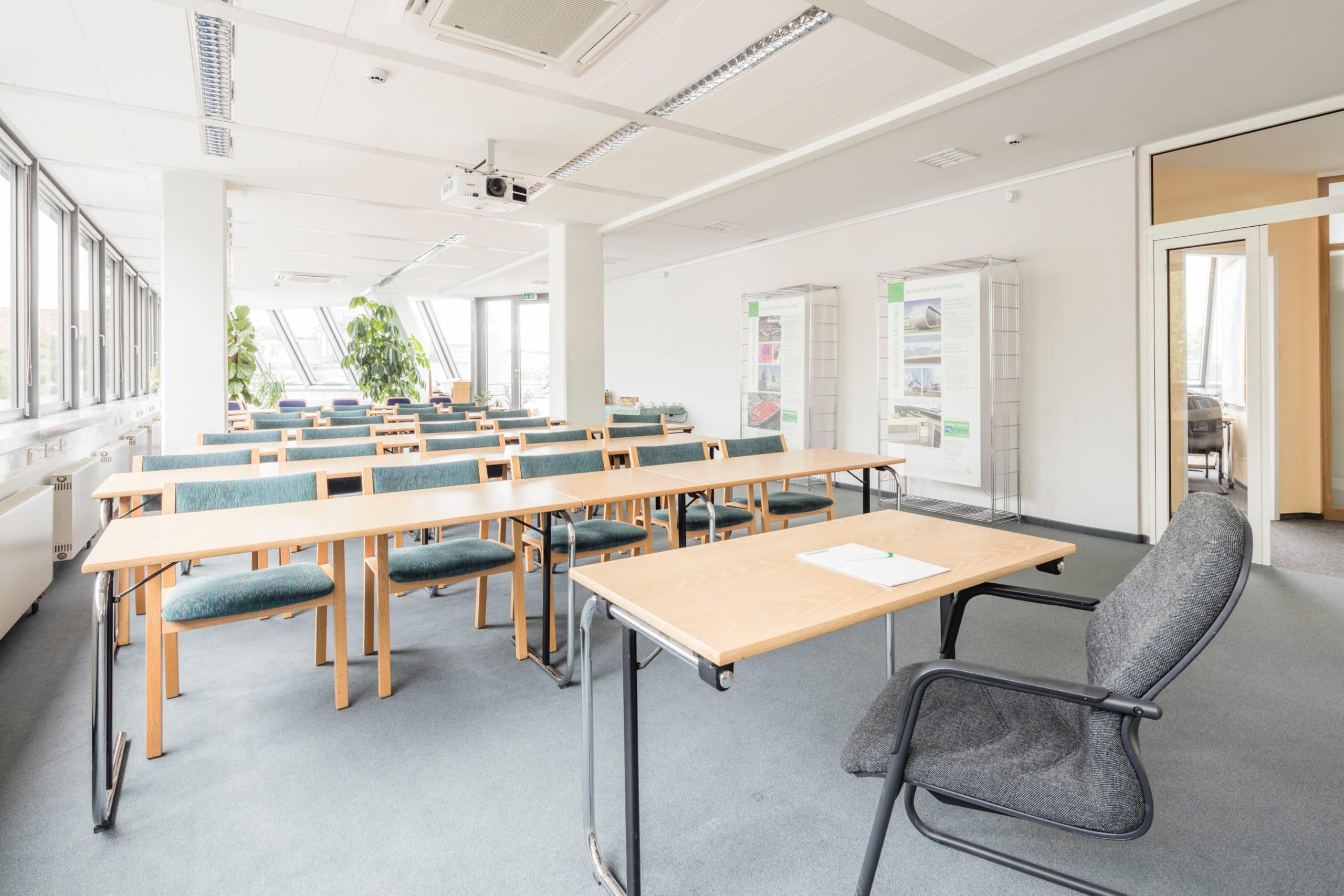An Interview with Sujatha Sekhar Naik, an ICDM board-ready talent. She talks about her experience working in the SC, how she would manage a dispute in the boardroom, and what it takes to build a culture of empowerment and achievement for an organisation.
You spent more than a decade at the Securities Commission Malaysia (SC). How has that experience benefited you and your career? In the SC, I found an environment that reflected a microcosm of a diverse universe. I believe half of the SC’s population are women and this is pretty much reflected across levels throughout the organisation. It is a multi-racial, multi-cultural and multi-religious universe of men and women from equally diverse professional backgrounds. There was an amazing energy in the way in which people worked together, a collaborative spirit that lends to a willingness to provide input to assist when needed, and an excitement and passion in the work. The friendships built are long lasting and true. The synergy and energy that this diversity brings, provides the foundation on which to lift off. To me, it is what made the organisation stand out, because of the different voices and perspectives that form part of the critical thinking and leadership. I have strived to embed this approach into my DNA and to bring it into my own pools of influence, no matter how small the pool may be … the potential ripple effect is I believe, exponential.
You are a professional mediator and had been the CEO/MD of Securities Industry Dispute Resolution Center (SIDREC) for six years. What did you learn in that journey? I have learnt so much in my time at SIDREC but would perhaps highlight two. The first being, the importance of releasing the baggage of any pre-conceived ideas or perceptions when engaging with others, and listening with an open mind in any discussion. Listening to someone else’s perspective with an open mind, may not always be convenient for your ‘game plan’, but will often open up options and avenues you would not have thought off and even change your perception of the people you are dealing with. This is a key aspect of the mediation approach adopted at SIDREC.
Second, the importance of engaging and working with all stakeholders both within the organisation and outside, to ensure the effectiveness and sustainability of efforts and at the same time weeding out or addressing any issues or unhealthy factors at an early stage. If this is not done, even the strongest of foundations can be vulnerable. If done, it strengthens the backbone of the organisation, through challenges ahead.
“I have learnt that when you rein in your own ego and allow
your listening and observation skills to kick in, the conversation becomes focused and productive.”
Disputes do sometimes happen in the boardroom. Communication may break down due to misunderstanding. How do you see your mediation skills may be useful in such situations? Key skills that are honed by mediators and in fact any form of dispute resolution, are those of listening and observing without attachment to outcome, and engaging. They are useful skills to have in any context. It is certainly one that I draw on. Making the appropriate intervention in helping steer a conversation to this ‘zone’, naturally does a few things, it firstly respects the voices in the room and makes space for each person’s perspective to be articulated and heard. It also helps calm and even neutralise the tone and makes everyone, including yourself, step away from escalated emotions and be present in the conversation, imbuing more objectivity and willingness to understand even if not acceptance of a perspective. That allows a window for a constructive conversation to start and progress. Consciously taking a breath, to allow this process to kick in will eventually make it an organic and natural response that helps navigate difficult conversations.
It is important to know when to stand your ground and push a point, when to listen, when to acknowledge or accept another’s point and when to walk away. Getting captured by your own argument becomes a blind spot and counterproductive. There are times when nothing positive or constructive will come from continuing the argument. I have learnt that when you rein in your own ego and allow your listening and observation skills to kick in, the conversation becomes focused and productive. You will be surprised how often it results in others being interested to hear more from you. Sometimes the ability to compromise or walk away, is the most productive outcome and reflects strength and inner confidence.
“Thriving in an environment of empowerment and achievement,
is not necessarily an easy path, it is at times an uncomfortable one that will expect you to put your best foot forward and to keep pushing yourself out of your comfort zone in thought and ability.”
You are passionate about creating a culture of empowerment and achievement. Could you tell us more about where this comes from? I was brought up by parents who never made my gender a barrier to anything I wanted to do with my life. My late father was and is a constant inspiration to me, and I am always guided by the focused passion, work ethic and integrity with which he approached his work and by his advice to me – to make decisions with your head, but to apply the decision with your heart. I also have the example set by my mum, a constant optimist. She was a teacher, much loved by her students. In the early 60’s, she put equal energy into being a home maker and an activist, fighting for equal pay for women teachers. I grew up watching these amazing strong women, a mix of professionals, politicians, businesswomen and homemakers, who together really made things move. I never, even for a moment ever thought that women are anything other than fellow human beings of men, capable and entitled to aspire to be whatever we want to be, to be respected and to love and be loved. I knew there were challenges but never doubted our right to have an equal ability and right to grasp the opportunities that are available. So, I do not look at someone through the lens of discrimination, gender, ethnic or religious. A person’s conduct and how they approach life, work, and other people, to me, speaks far more.
This, I believe is true empowerment. We have all experienced the sense of achievement when we are provided an environment that empowers us to believe in ourselves and this is combined with a vision or goal, however small or big, and capacity and hard work to make the journey to the vision. The outcome may evolve a little from the intended course, but some flexibility and nimbleness is needed to cater to the crosswinds one might at times hit. The journey as they say is oftentimes as important as the destination.
How can we bring that culture of empowerment and achievement into the boardroom, and subsequently the entire organisation? In leading a team, I have always encouraged healthy debate and critical thinking. It is important to share the vision and draw the team along with you to achieving the vision and the incremental goals leading to it. Every cog in a wheel is important in maintaining the balance and keeping the wheel turning. Similarly, every member of the board is important in the different roles they play and need to believe and own this. The environment that allows for this is one that empowers through facilitating healthy debate and critical thinking and providing the resources to help the team develop; acquire and build the knowledge, skills and capacity required. But this needs to be coupled with setting standards and expectations of commitment to learn and apply, a strong work ethic to meeting their duties and responsibilities; and the willingness to work as a unit. As board members, it is important to challenge and push ourselves to help each other grow to meet the challenge. Then we can empower the management team and the rest of the organisation to do the same.
I have found that one has to be focused and committed to the job at hand, add passion and a sense of humour to this mix and it will make the journey an enjoyable one and help take you through the difficult parts.
Each of us has a duty to conduct ourselves in a way that positively impacts our own pools of influence. The strength women can bring to this pool is the innate wisdom to naturally combine strength with compassion and kindness. We need as individuals to step up, every day, to play our part, for our full potential to be unleashed.
“Every cog in a wheel is important in maintaining the balance and keeping the wheel turning. Similarly, every member of the
board is important in the different roles they play and need to believe and own this.”
What drives you to join ICDM as a member? As a regulator and then CEO of SIDREC, I was somewhat limited in my ability to take on board roles and contribute to a broader spectrum of the corporate community. Having retired from SC and SIDREC, I am eager to explore the opportunities and contribute the experience and insight I can bring to the table. The professionalism and readiness of a board and its ability to operate in an increasingly complex environment with significant accountabilities, has never been more important. ICDM was established by the SC to meet the need to support boards in their own continuing professional development and to contribute to a consistent standard of professionalism.
How has the membership benefited your board journey thus far? What attracted me to ICDM was the fact that it seeks to provide for the holistic professional development of directors and covers areas of knowledge and skills that are relevant, keeping in step with the challenges faced by boards in real time. And much of this, I understand, is provided by experienced directors and professionals and other organisations with similar strengths, shared with the view of practical application. It is the type of support I would look for in my board journey.
What is keeping you busy currently? I am on the next stage of my journey, taking time to catch up on my bucket list, some of which surprisingly has been facilitated by the pandemic….my garden for instance, has never felt more loved…and we are embracing the whole farm to table concept in my home!
I feel the world is there to explore and contribute to, particularly with the disruption of the pandemic. The learning never ends, about different markets and businesses out there, navigating the challenges and to do more on the societal and community front. I hope through my consultancy and otherwise, to put the mix of experience I have gained, to help a broader audience within and outside my wheelhouse.
Sujatha Sekhar Naik is a senior capital markets professional with deep experience encompassing policy-making, strategy development, capacity-building, governance, compliance, investor protection, dispute resolution and market best practice.

 5.0
5.0 













